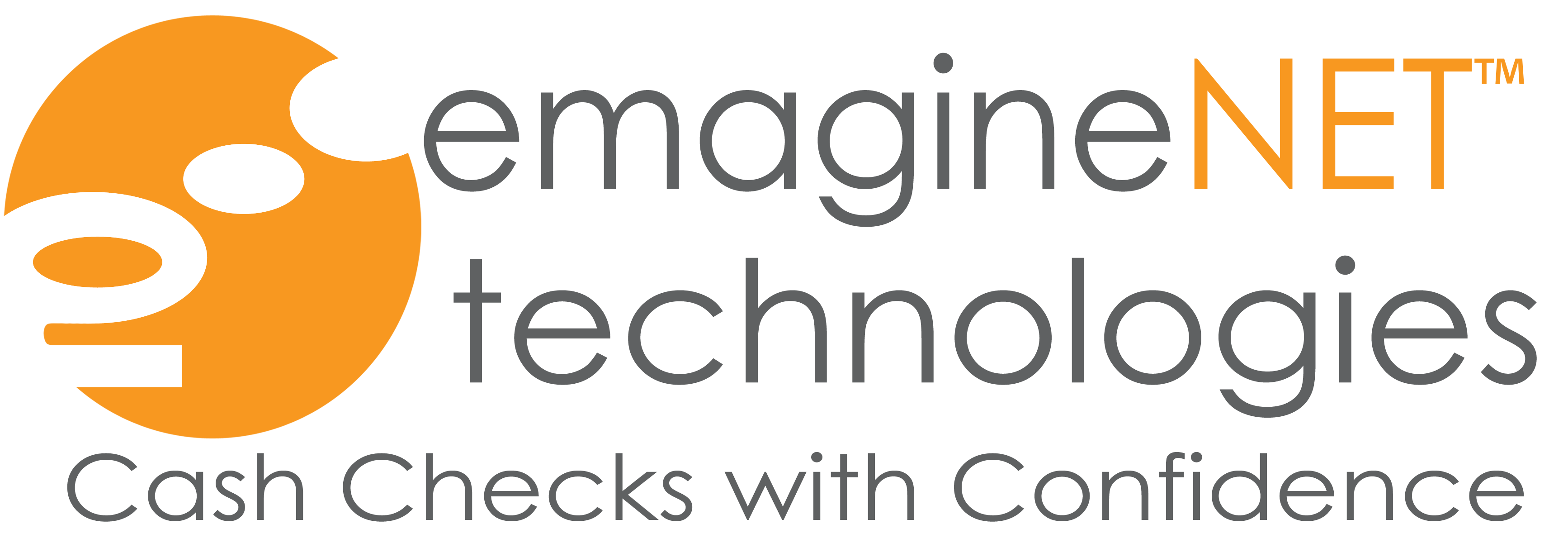
In today’s financial landscape, businesses and financial institutions face a constant threat from fraudulent checks. To counter this menace and ensure the integrity of their operations, the adoption of check cashing software has become imperative. Such software plays a pivotal role in deterring fraudulent checks and safeguarding businesses from significant financial losses and reputational damage. Let’s delve into the importance of check cashing software in this critical endeavor.
1. Enhanced Authentication and Verification: Check cashing software employs advanced authentication methods and verification processes that go beyond basic bank and fingerprint checks. These sophisticated tools help identify fake checks, forged signatures, and counterfeit IDs. By scrutinizing each transaction with precision, the software adds an extra layer of security to the check cashing process.
2. Real-Time Fraud Detection: One of the most significant advantages of check cashing software is its ability to detect fraud in real time. It continuously monitors transactions and compares them against a database of known fraudulent activities. This proactive approach allows businesses to identify and halt fraudulent checks before they can cause harm.
3. Account Risk Assessment: Fraudsters often target accounts with suspicious activity or inadequate funds. Check cashing software can assess the risk associated with a particular account, flagging transactions that may pose a risk to the business. This enables business owners and financial institutions to exercise caution and make informed decisions.
4. Compliance with Regulatory Requirements: Check cashing businesses are subject to strict state and federal regulations. Compliance is critical not only to avoid legal consequences but also to maintain trust among customers. Check cashing software often includes compliance features, such as Anti-Money Laundering (AML) checks, which help businesses stay in line with the law.
5. Comprehensive Record Keeping: A robust check cashing software maintains a comprehensive record of all transactions. This audit trail can be invaluable when investigating suspicious activities or when legal authorities require documentation. It ensures transparency and accountability in the check cashing process.
6. Reduction in False Positives: While it’s crucial to detect fraud, it’s equally important to avoid false alarms that can inconvenience legitimate customers. Check cashing software is designed to strike a balance between robust fraud detection and minimizing false positives, ensuring a smooth and efficient customer experience.
7. Data Security: Protecting sensitive customer data is paramount. Check cashing software incorporates state-of-the-art encryption and security measures to safeguard customer information from falling into the wrong hands. This not only prevents fraud but also builds trust among customers who entrust their personal details to the business.
8. Streamlined Operations: By automating many aspects of the check cashing process, software reduces the margin for human error, which can sometimes lead to fraudulent checks slipping through. Streamlined operations also mean faster and more efficient service, enhancing customer satisfaction.
In conclusion, the importance of check cashing software in deterring fraudulent checks cannot be overstated. It not only fortifies security measures but also ensures compliance with regulatory requirements and maintains the trust of customers. Investing in advanced check cashing software is a proactive step that businesses and financial institutions should take to protect their assets, reputation, and overall financial well-being. In an era where fraud is ever-evolving, having the right software in place is a strategic move that pays off in the long run.


